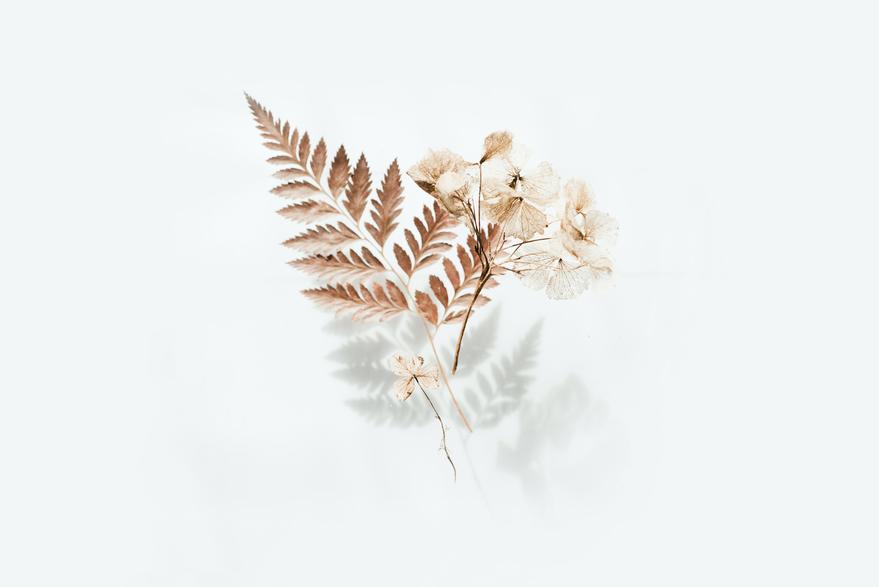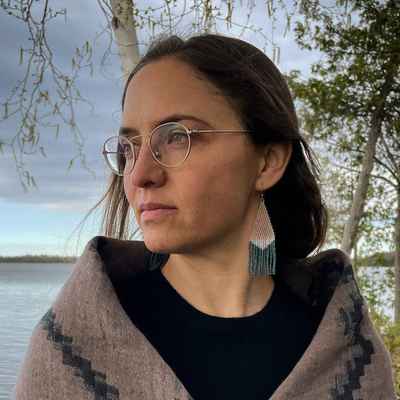Writing with Mindfulness.

Not long ago, I recorded a season of interviews with friends and colleagues in order to investigate creativity and the flow state. In my journey, I found many bright lights to illuminate parts of the writing life, and the state of mind we need in order to be creatives.
All episodes of my podcast are available for listening on my website. I’m calling it a podcast, but it’s pretty low key — no ads or special hustle. I just had questions for some of the brilliant people I know, and creating an audio series was the best way to share what I learned.
The following is an excerpt from this audio interview I did with Ronit Jinich. We spoke about stillness and meditation, and how having a mindfulness practice can make us better writers. Pour a hot cup of tea or cocoa and listen to my full interview here. Leave a comment, and tell me what lands for you.
And if you’d like me to make more audio, let me know!
xo,

“A lot of people tend to think that being mindful is arriving at a certain state of mind and staying there. And then once you are not mindful, you’re not there anymore. But actually, being mindful always is being mindful of something.
So you could be mindful of daydreaming, you could be mindful of the thoughts you’re having, you can be mindful of the fact that you’re anxious or that you’re rushing, or that your mind is not settling. That is being mindful.
“Mindful” is not being in a place where no thought is happening, where everything has seized. And I think this is one of the great confusions.
When I write memories, my whole body is actually reliving, re-feeling, re-sensing the residue of that particular thing that happened. So we’re not going to the past, we’re actually bringing the past into the present, where it is. The past lives with us in the present.
The thing about the past is that it’s not the past, it’s here, and therefore we are calling upon it to be able to see it and write with it.”
— Ronit Jinich
 Ronit Jinich, MES, is a Dharmatherapist© in private practice, working at the interface of Eastern and Western understandings of human psychology. Her approach is informed by her training as a psychoanalyst and her decades-long study of mindfulness and Buddha Dharma, which spans various schools of thought and diverse communities of practice.
Ronit Jinich, MES, is a Dharmatherapist© in private practice, working at the interface of Eastern and Western understandings of human psychology. Her approach is informed by her training as a psychoanalyst and her decades-long study of mindfulness and Buddha Dharma, which spans various schools of thought and diverse communities of practice.
Photo credit: Evie Shaffer on Pexels.

0 comments
Leave a comment